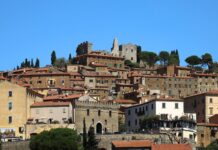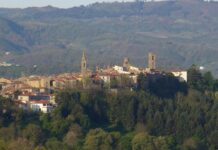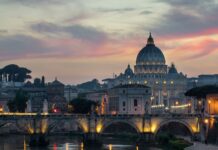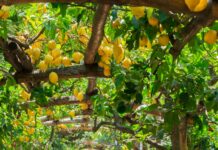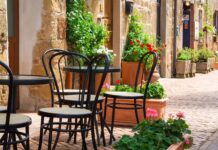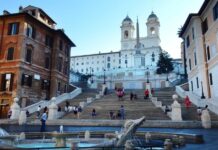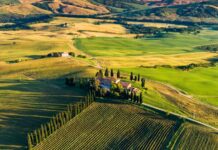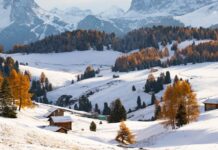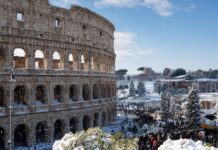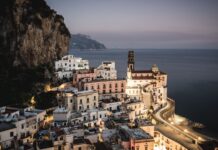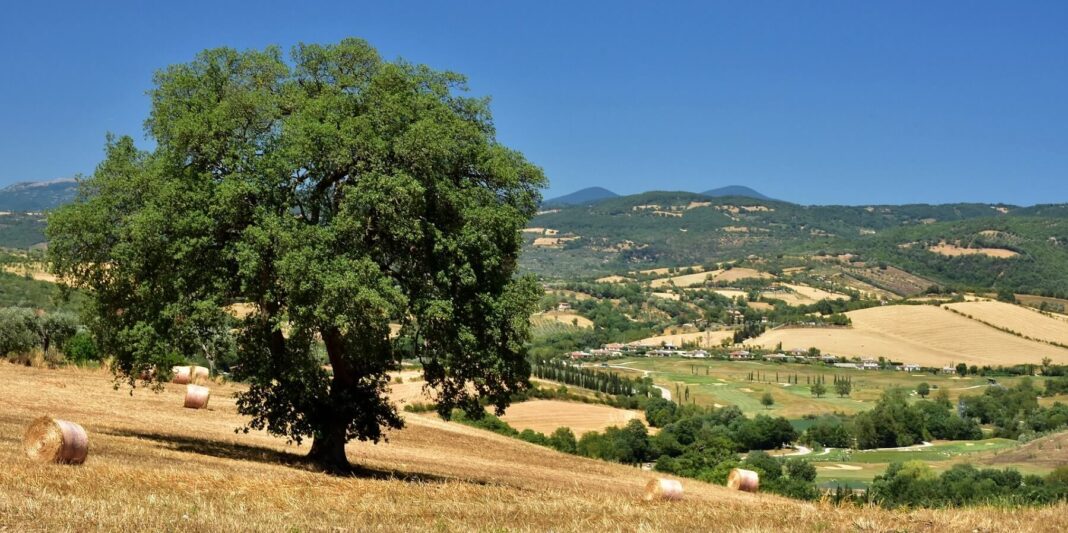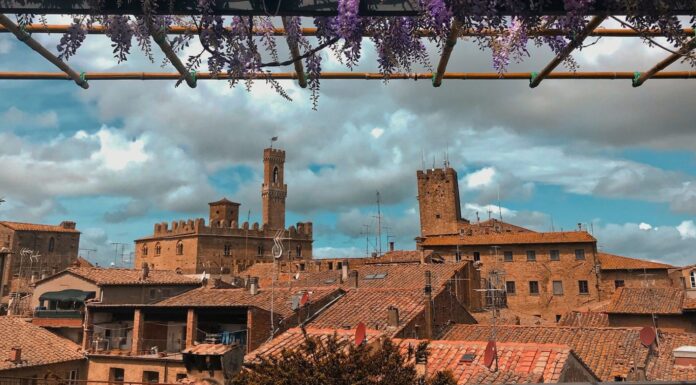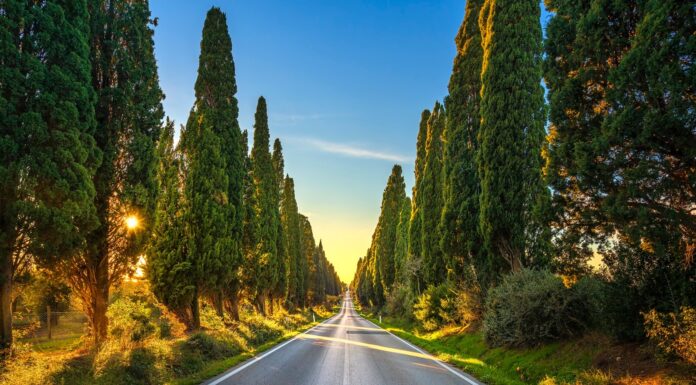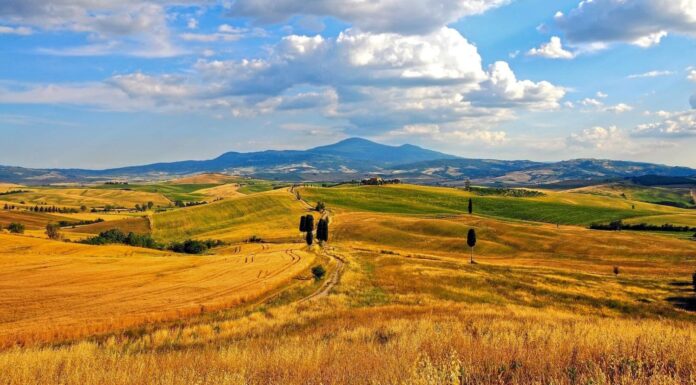If you’re searching for a destination in Italy that offers a taste of everything, look no further than Maremma. This area covers part of the western Italian coast on the Mediterranean, and there’s no shortage of things to do.
The Maremma is perhaps most known for its coves with sugary sand beaches and crystalline Mediterranean water. Delicious dishes and drinks, like Super Tuscan wines and traditional Tuscan food, are readily available. The area is also appreciated for its hilly scrubland and forests, and nature parks brimming with fascinating flora and fauna.
Now, let’s dive into the details so you can enjoy the Maremma to the fullest.
Where is the Maremma
The Maremma is a geographical region located in central Italy, primarily in the western part of the Tuscany region, with some extensions into the Lazio region. This area includes the Tyrrhenian coast south of the city of Livorno to the area around the province of Grosseto and extends inland to the foothills of the Tuscan-Emilian Apennines.
The Maremma is known for its natural beauty, with vast beaches, Mediterranean scrubland, hills, and plains, as well as a rich cultural and agricultural history. It is a region that has preserved rural and agricultural traditions and offers many opportunities to explore Italian nature, cuisine, and culture.
The 10 Best Places to See in Maremma
1. Talamone
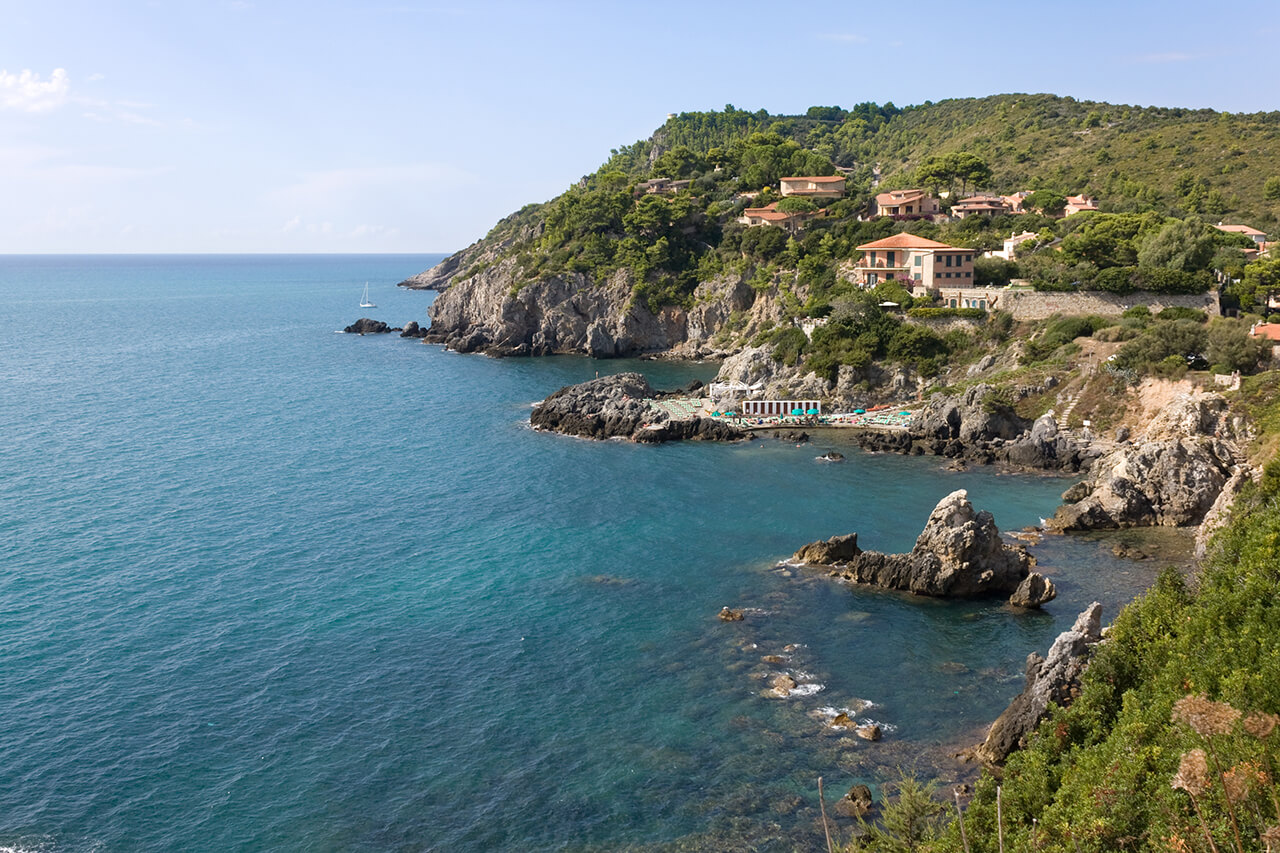
The historic town of Talamone sits on the bottom edge of the Regional Park of Maremma, along the coast.
In the village, you’ll find plenty of things to see and do. Hotels, bars, shops, restaurants, and surf shops are just some of the establishments that brighten up Talamone.
There are beautiful beaches in and around Talamone. Spiaggia della Fertilia and Bagno delle Donne, which offers a splendid view of the Rocca aldobrandesca castle, are two of the most popular.
If you prefer an active vacation, don’t fret! There are also opportunities for kitesurfing, windsurfing, swimming, and fishing.
2. Capalbio
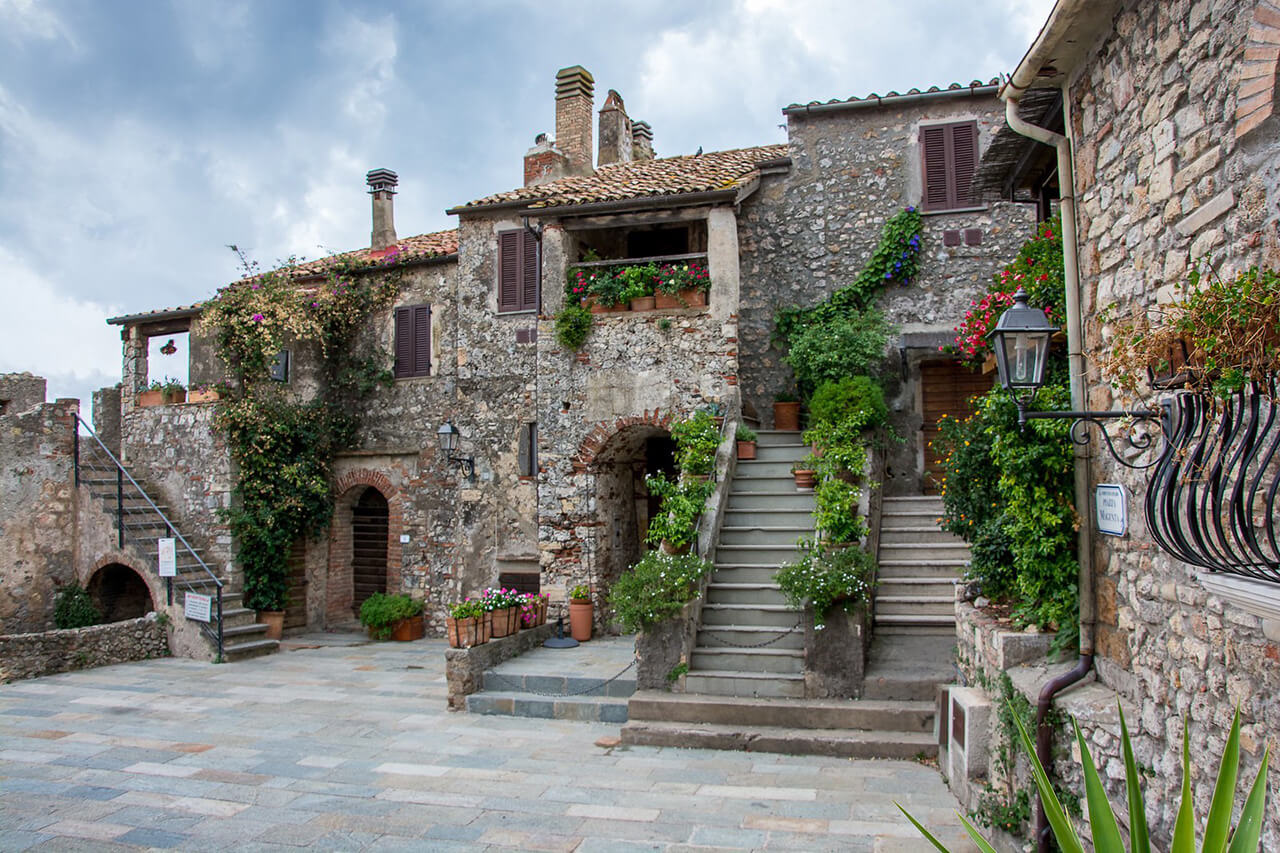
Capalbio is a rustic historic town that’s surrounded by a medieval stone wall.
It’s a fantastic destination for anyone who loves history or is seeking an authentic Tuscan experience. The Pieve di San Nicola church, Nanà Fontaine statue, and Porta Senese door to the town are just some of the attractions to explore.
Don’t forget to check out the colorful Giardino dei Tarocchi, an artistic park full of shining mosaic sculptures.
3. Monte Argentario
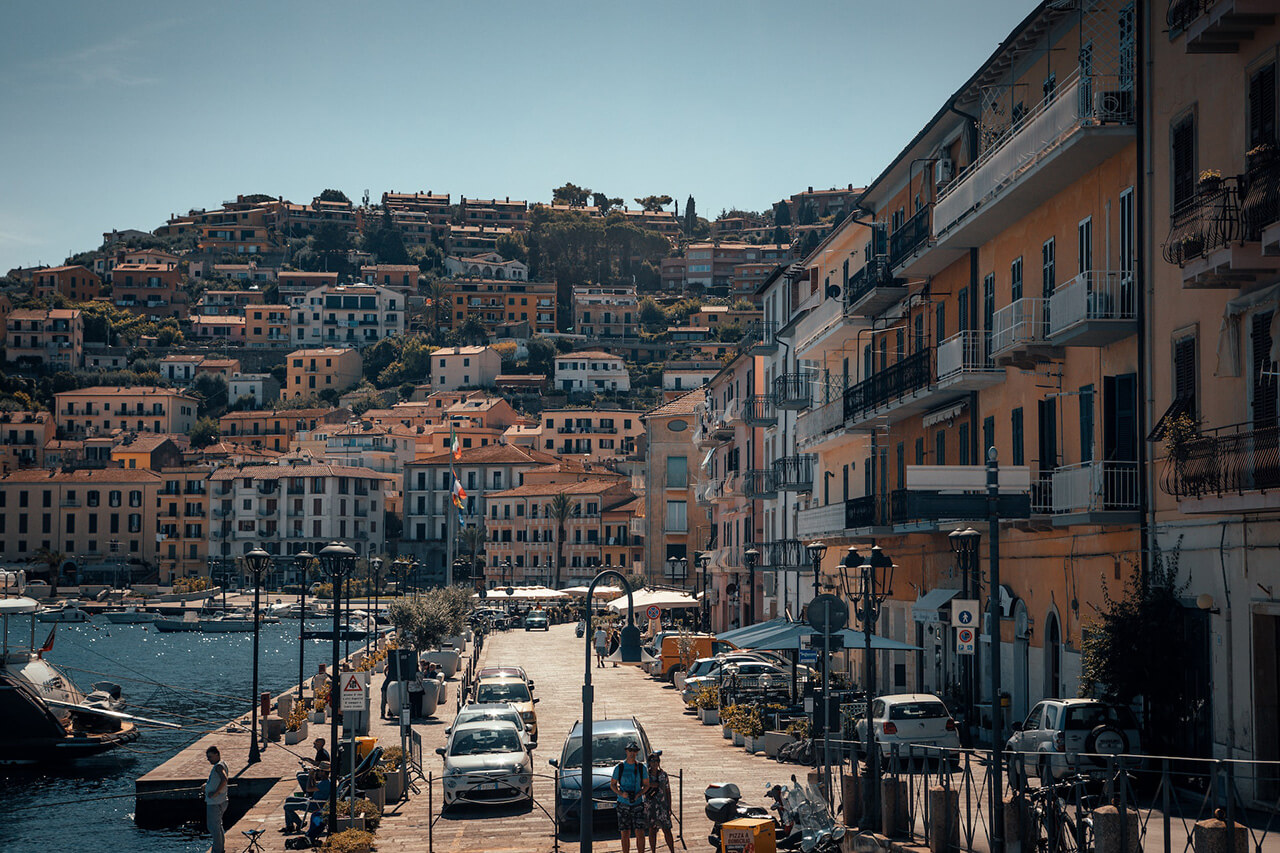
Monte Argentario is a Tuscan peninsula that’s surrounded by a blue sea.
On the peninsula, you’ll find the two port towns of Porto Santo Stefano and Porto Ercole. Each one is full of fascinating history, from religious sites to medieval castles and walls. They both buzz with restaurants, shops, and more.
All around Monte Argentario are exquisite coves for swimming and lounging on the beach. Some of the best include Cala del Gesso, Cala Mal Morto, and Cala la Cacciarella.
4. Orbetello
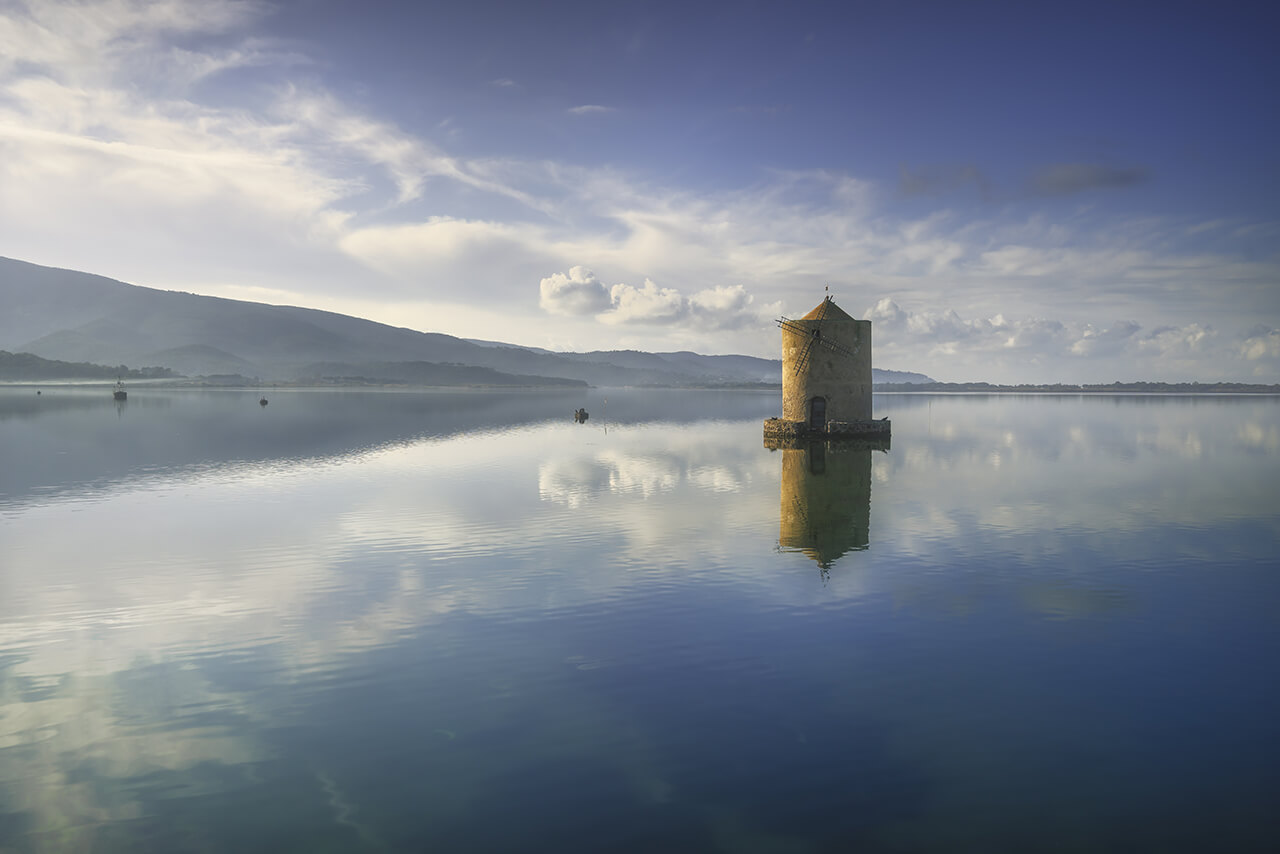
Orbetello is a small town on a peninsula between Monte Argentario and the mainland. Amongst its medieval 5th-century walls, Orbetello features ruins and a castle in addition to its traditional architecture.
The main attractions include Forte delle Saline, the ruins of the monastery of Sant’Angelo, and the cathedral of Santa Maria Assunta.
5. The “Tufa Towns”: Pitigliano, Sorano and Sovana
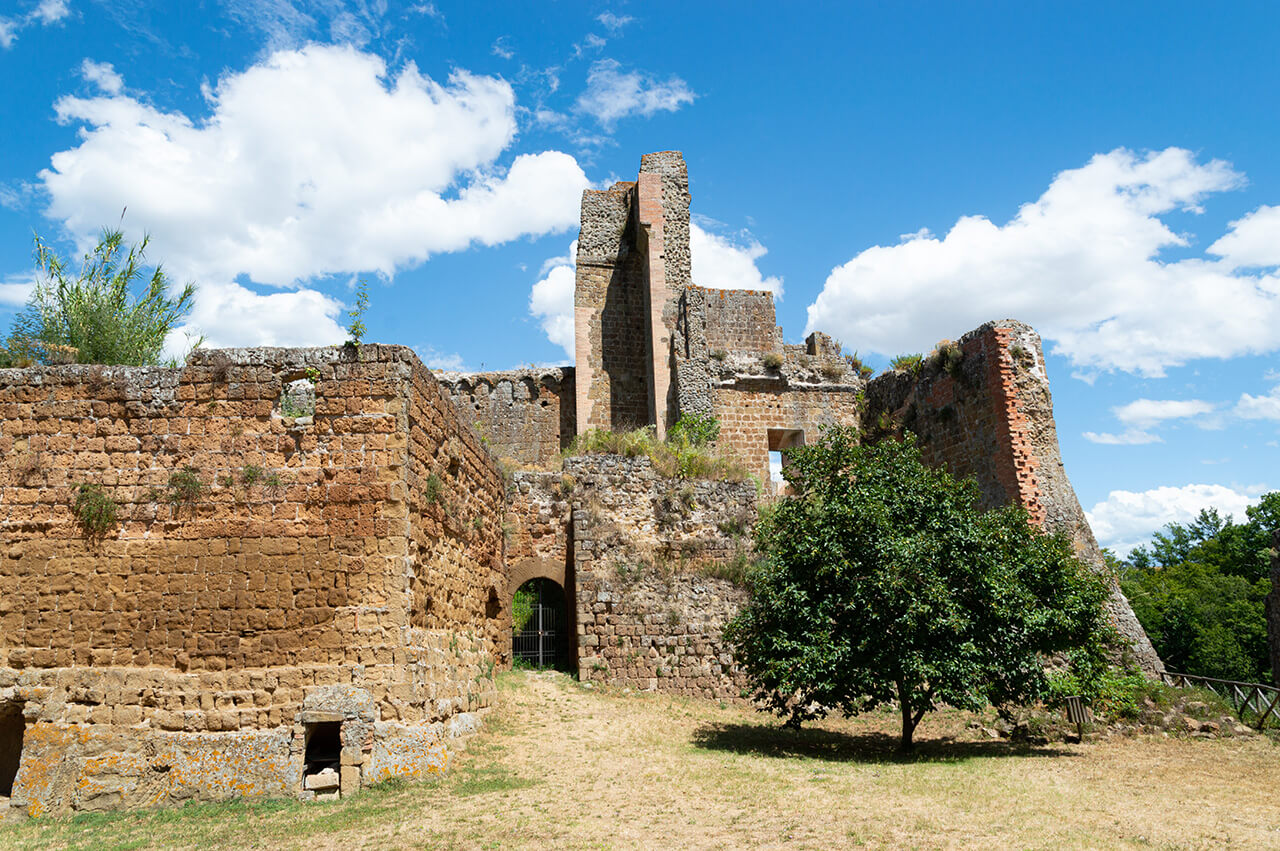
These three Etruscan towns were built into steep hills of soft volcanic rock called tufa. It’s difficult to tell where the stone buildings begin and the cliffside ends, making these towns truly special.
Visit Pitigliano’s aqueducts, the Jewish quarter, and beautiful ancient stairways in the Vicolo dell’Antico Pretorio alleyway.
Sovana is just a 10-minute drive away from Pitigliano. This tiny village is home to the Romanesque Gothic Cathedral of San Pietro.
Just 13 minutes away from Sovana is Sorano. Check out the medieval museum and the Orsini Fortress.
6. Castiglione della Pescaia
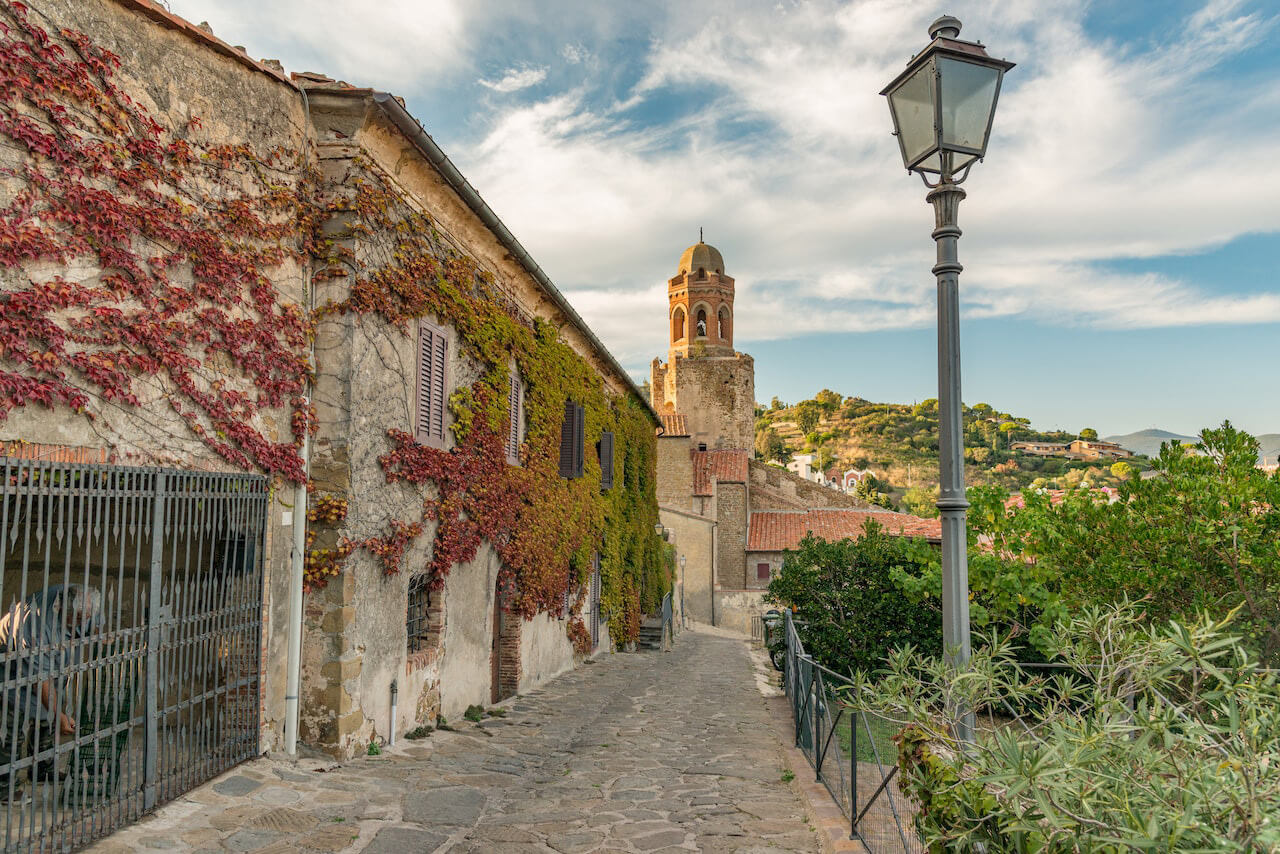
Castiglione della Pescaia is another hilltop town, but this one overlooks the Mediterranean. It’s located in the northern part of Maremma, just west of Grosseto.
This destination has several attractions including beaches, natural parks, biking trails, and archaeological sites. Diaccia Botrona, a swampy nature reserve that houses endangered wildlife, is also nearby.
7. Massa Marittima
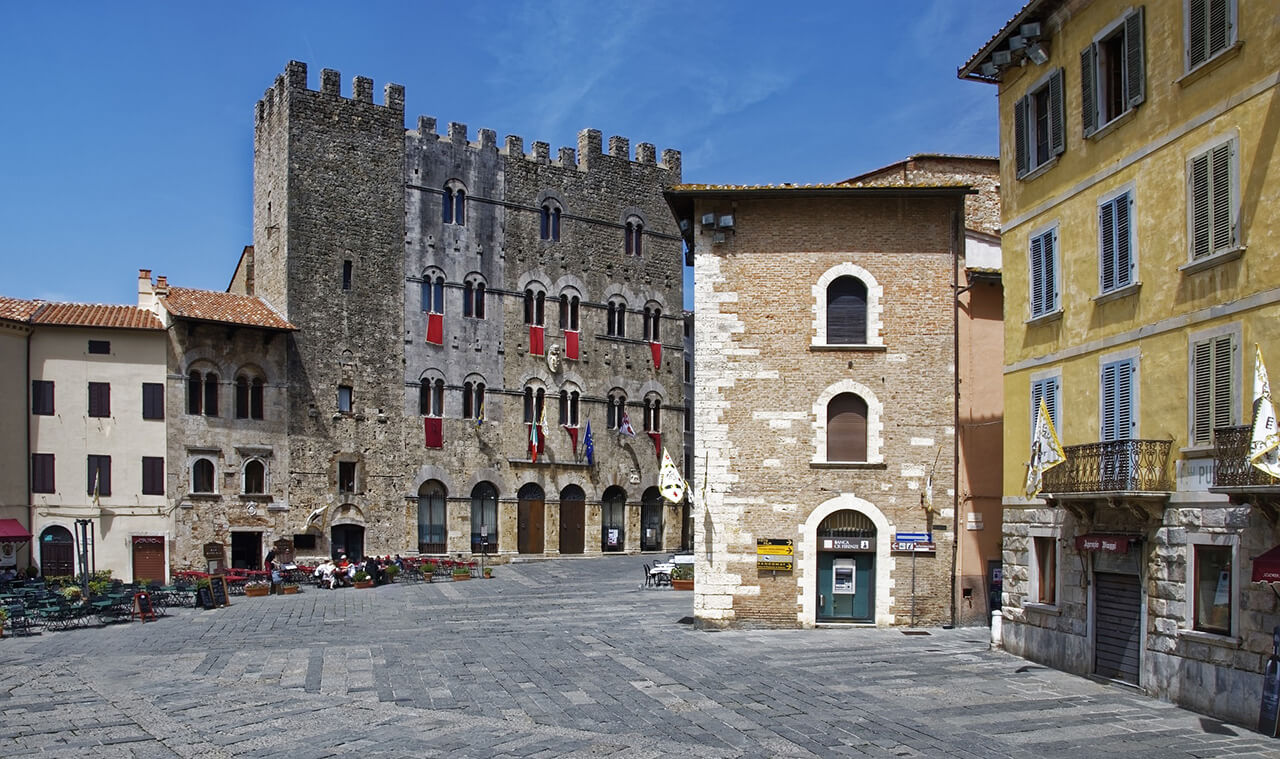
This town sits north of Castiglione della Pescaia, but isn’t located directly on the coast. That’s not to say that Massa Marittima isn’t worth a visit, though.
Known for its mineral springs and ores, it’s packed with unique attractions, especially for adventurers.
In and around Massa Marittima, you can tour the Tuscan mining geopark, go mountain biking, and check out caves like Cave d’Allume di Montioni.
Tours in the Tuscan Maremma
8. Maremma Regional Park
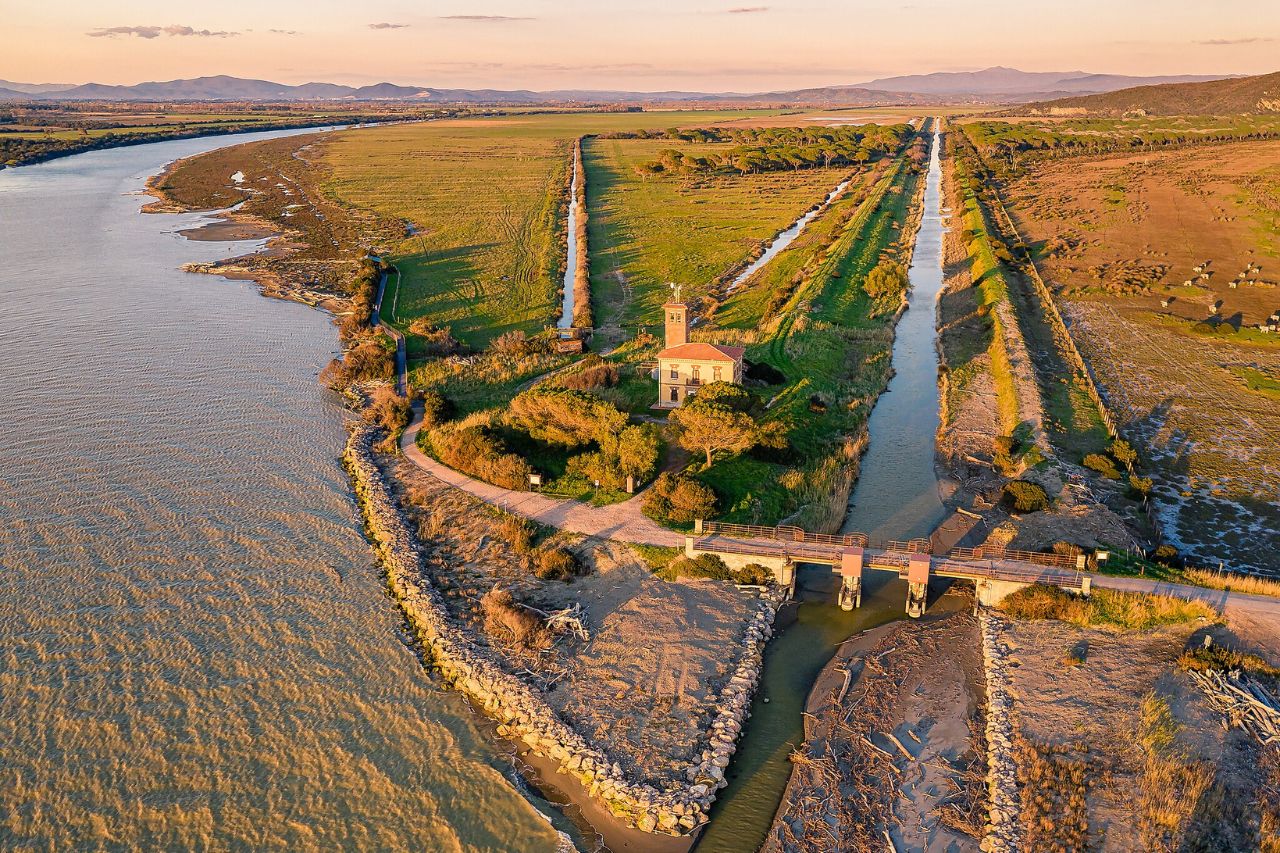
The Parco Regionale della Maremma is rich in a variety of ecosystems, including forests, wetlands, and coastal ecosystems.
With so much diversity in habitat, the nature reserve houses a plethora of diverse flora and fauna, from porcupines to colorful flowers to wolves.
You can tour the park on foot, by bike, by canoe, on horseback, and even at night. Make sure to consult the park rules in advance to see if you need a guide and when you can go.
Explore more: Hiking in Tuscany – 10 Enchanting Adventures on Foot
9. Saturnia Hot Springs
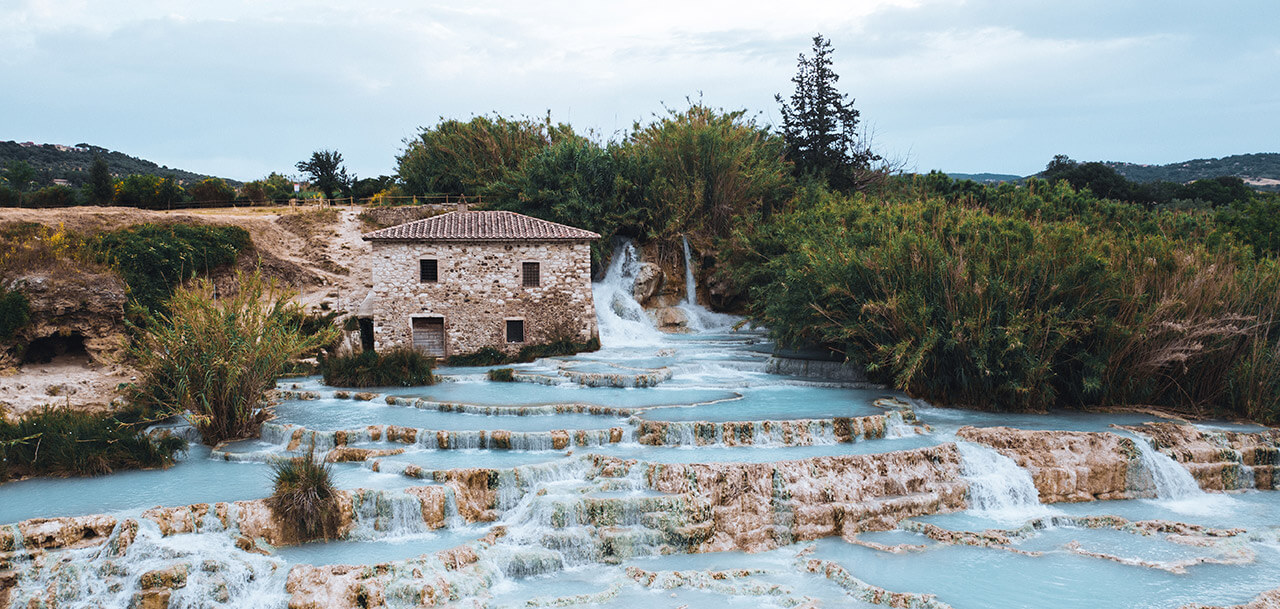
Chances are, you’ve already seen pictures or videos of these famous Tuscan hot springs.
Here, aquamarine water cascades down rock pools, creating the perfect atmosphere for those looking for a relaxing day in nature.
The springs are free, and you can visit all year round.
10. Grosseto
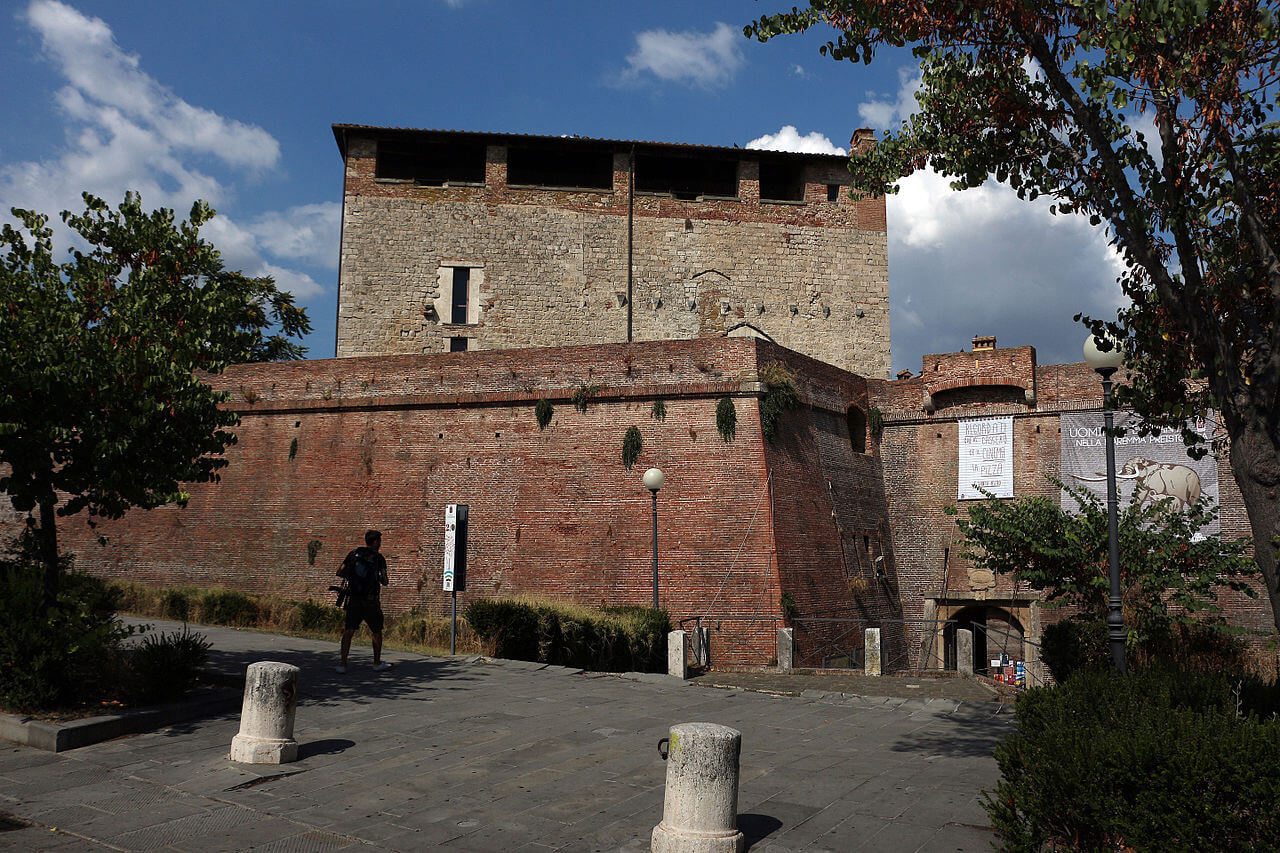
The most populous city in Maremma, Grosseto has origins dating back to the Middle Ages.
Not too far from the coast, this city is perfect for anyone wanting a taste of Tuscan art and sea on the same day.
Its center is full of museums, churches, and palaces in addition to homey restaurants and shops. The main sights in Grosseto include the black and white marble cathedral, the Medicean walls, and the Palazzo Aldobrandeschi.
Things to Do in Maremma
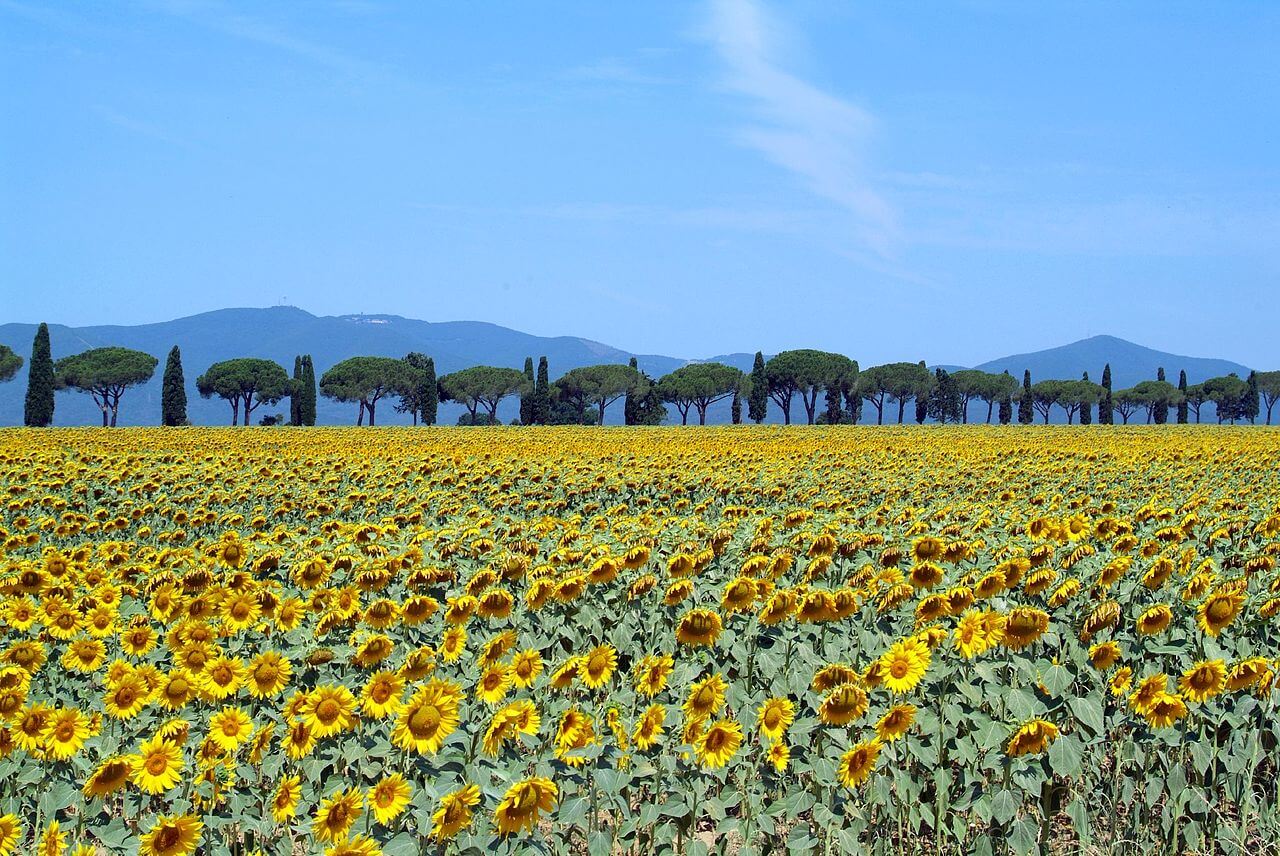
Wine tours
No trip to Maremma is complete without a tour of vineyards and a wine tasting.
If you take a guided tour, you’ll first enjoy a stroll through the vineyards. As you marvel at the vast spread of grapevines, you’ll learn about the winemaking philosophy and methods from your guide.
Then, head inside to taste some of the wonderful wines produced there.
Explore more: Best Wineries in Tuscany – Top 10 Dreamy Wine Trips
Horse Riding
Maremma is rich in green valleys and hillsides that hold secret towns and endless opportunities for adventurers.
A lovely way to experience Tuscan nature is on horseback. You’ll meander past villages, across clear streams, and through lush meadows, as you take everything in from the saddle.
Depending on your riding experience, you can either opt for a beginners tour or one designed for more advanced riders.
Experiences in the Tuscan Maremma
Thermal Baths
The previously-mentioned Saturnia hot springs is a fantastic destination, but it’s certainly not the only thermal bath in Maremma.
Sorano has a gorgeous spa called Terme di Sorano, which is built around natural hot springs. It’s the perfect solution if you want a relaxing day at the spa or in the irresistible thermal pools. Here, there’s a large outdoor pool with an indoor area, as well as a pool surrounded entirely by the woods.
Just west of Massa Marittima is Venturina Terme. Here, you’ll find several thermal bath resorts. Terme di Venturina and Calidario Terme Etrusche are just some of the most popular destinations.
Bike Tours
Like horseback riding, bike tours are magnificent means to experience Tuscan nature and admire its beauty.
Many of the bike tours offered in Maremma are E-bike tours, which make it easier to see more in less time.
Take in views of the landscapes and their vibrant colors. You might see the dark green of the pine trees, the shimmery turquoise of the sea, and the soft yellow-green of the grass.
Enjoy the Beaches and the Coast

Tuscany isn’t particularly known for its beaches, but that doesn’t mean that they don’t exist here. In fact, many are so stunning that you’d think you were in the Caribbean.
Cala Violina, near Castiglione della Pescaia, is a paradise with white quartzy sand, crystal clear water, and lush green trees.
Another amazing option is Spiaggia Rocchette, which has twice competed for the title of prettiest beach in Italy.
There are also many beaches on Monte Argentario and in Orbetello’s lagoon.
Explore more: Best Beaches in Tuscany – Discover The Beauty
Accommodations and Hotels in Maremma
The Maremma features endless places to stay that enchant visitors. Here are some of the best accommodations in the area:
Hotel Terme Marine Leopoldo II
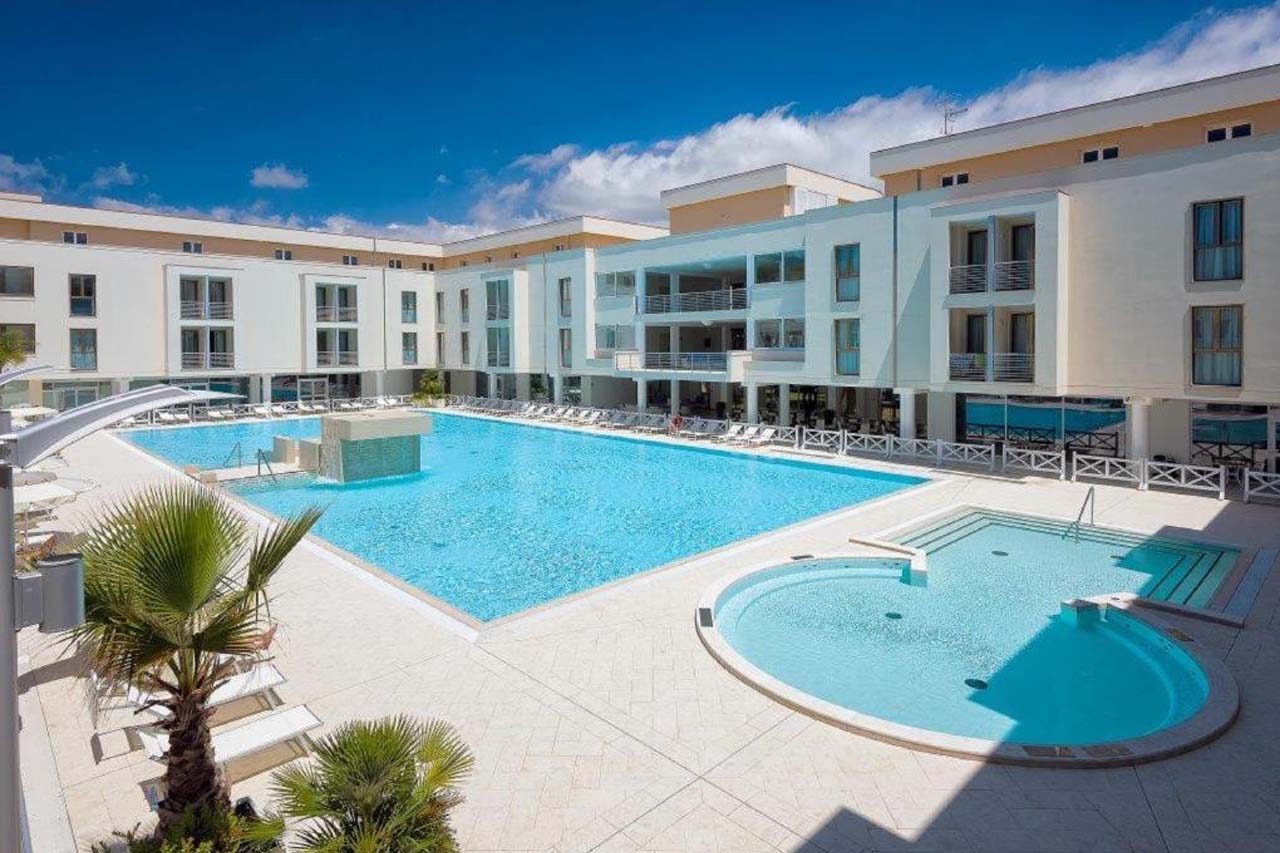
Located in Marina di Grosseto, this stunning hotel sits just 150 m from a public beach. If you want to relax with more privacy, enjoy the hotel’s indoor thermal pool, Turkish bath, or hot tub. The rooms exude elegance, with marble floors and modern furniture.
Hotel Capo d’Uomo
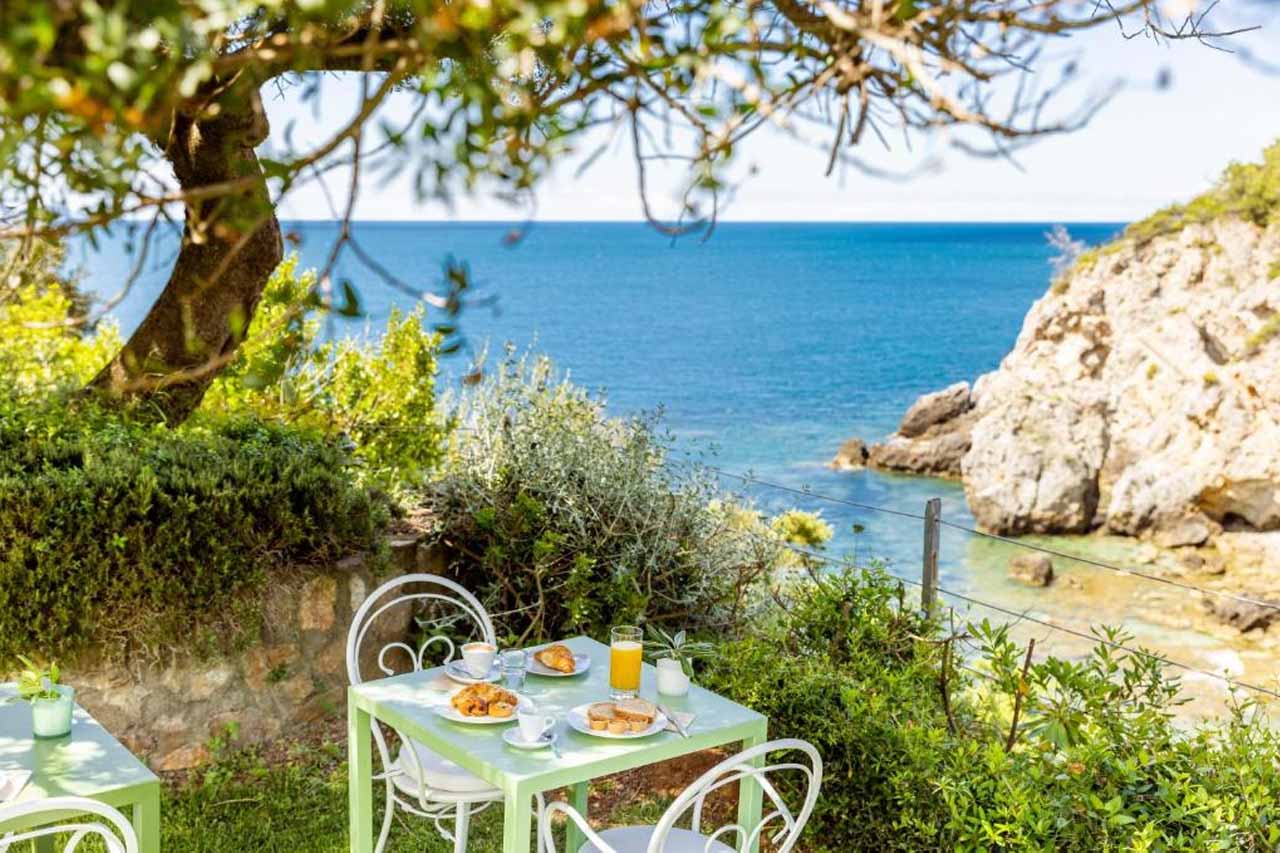
Capo d’Uomo is a chic beachy hotel that sits on the cliffs of Talamone. Rooms feature light wood furniture and exquisite views of the sea. The accommodation also has a panoramic sun terrace furnished with parasols and sun beds.
Casa Iris Bed and Breakfast
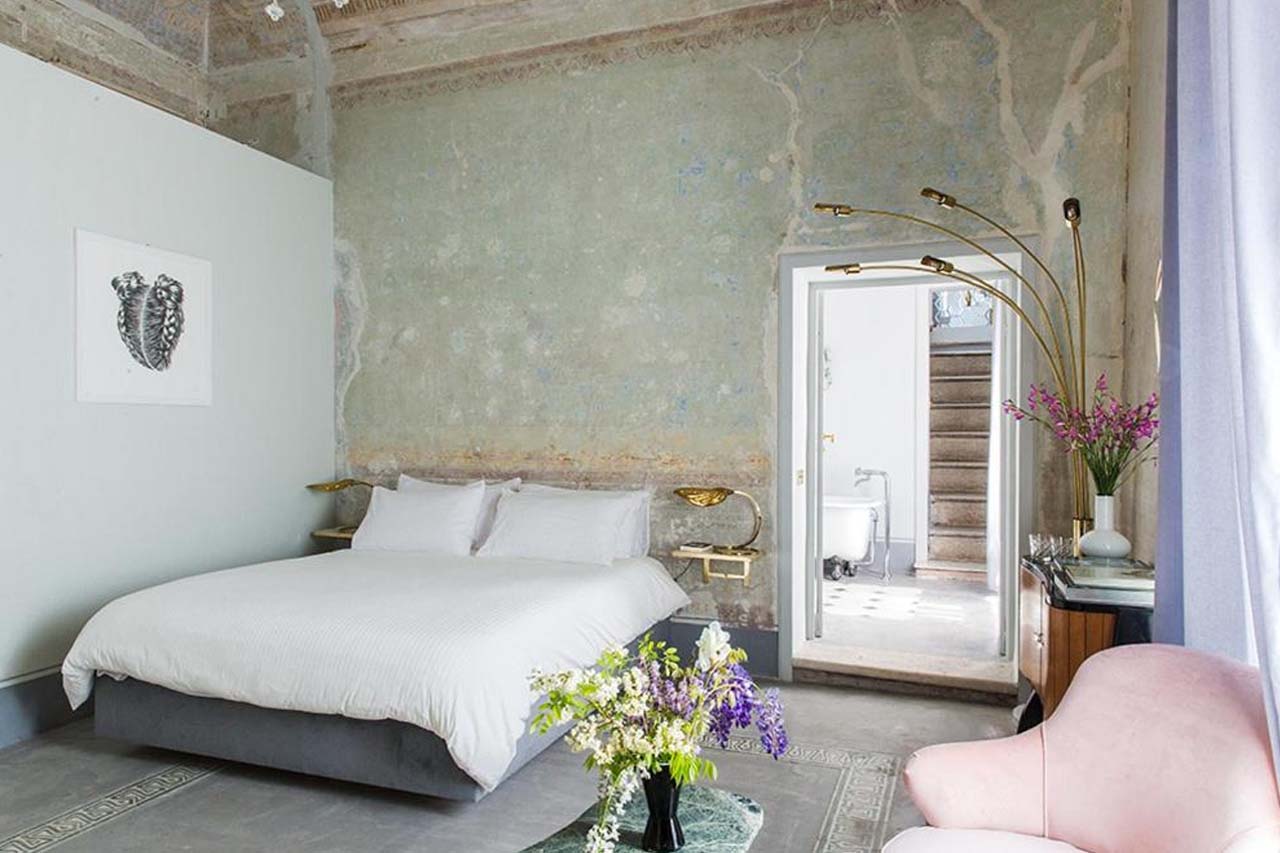
This classy bed and breakfast is housed in a historic building in the center of Orbetello. The pastel rooms feature crystal chandeliers and breathtaking artwork.
Local Food and Wine: What to Eat in Maremma
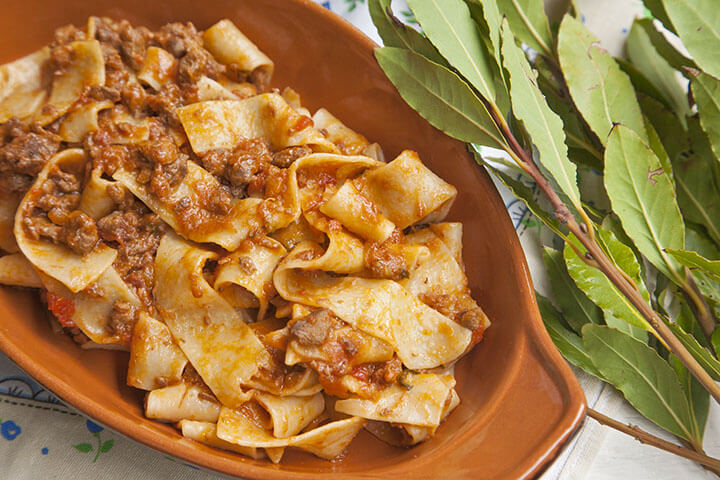
There is no shortage of rich wine or delectable dishes in Maremma.
When it comes to Italian wine, Tuscany reigns supreme. There are plenty of wines to choose from, but no visit to Maremma is complete without trying a Super Tuscan wine. These red varieties, which originated in the town of Bolgheri, break traditional Italian rules by using non-traditional grapes.
Maremma’s cuisine is known to be simple yet delicious and hearty.
Most restaurants serve boards of local cured meats and cheeses, so don’t miss out on trying tidbits of local culture. Enjoy as an appetizer (antipasto) before your main meal or simply with wine for a late afternoon snack.
One of the most famous dishes in the area is acquacotta, a hearty soup with a base of broth, bread, onions, and tomatoes. Aquacotta originated in Maremma, and although it originated as peasant food, it’s a tasty dish that is still loved today.
Wild boar is also common in the cuisine here. Try it in a sauce with pasta (pappardelle al cinghiale) or in a slow-cooked stew with red wine (cinghiale alla cacciatore).
Read more: Tuscan Food – A Wealth of Pasta Sauces, Soups, and Sweets!
Best Restaurants in Maremma
Now that you know more about Maremma’s food scene, it’s time to dive into the best restaurants.
L’Asino d’Oro di Lucio Sforza
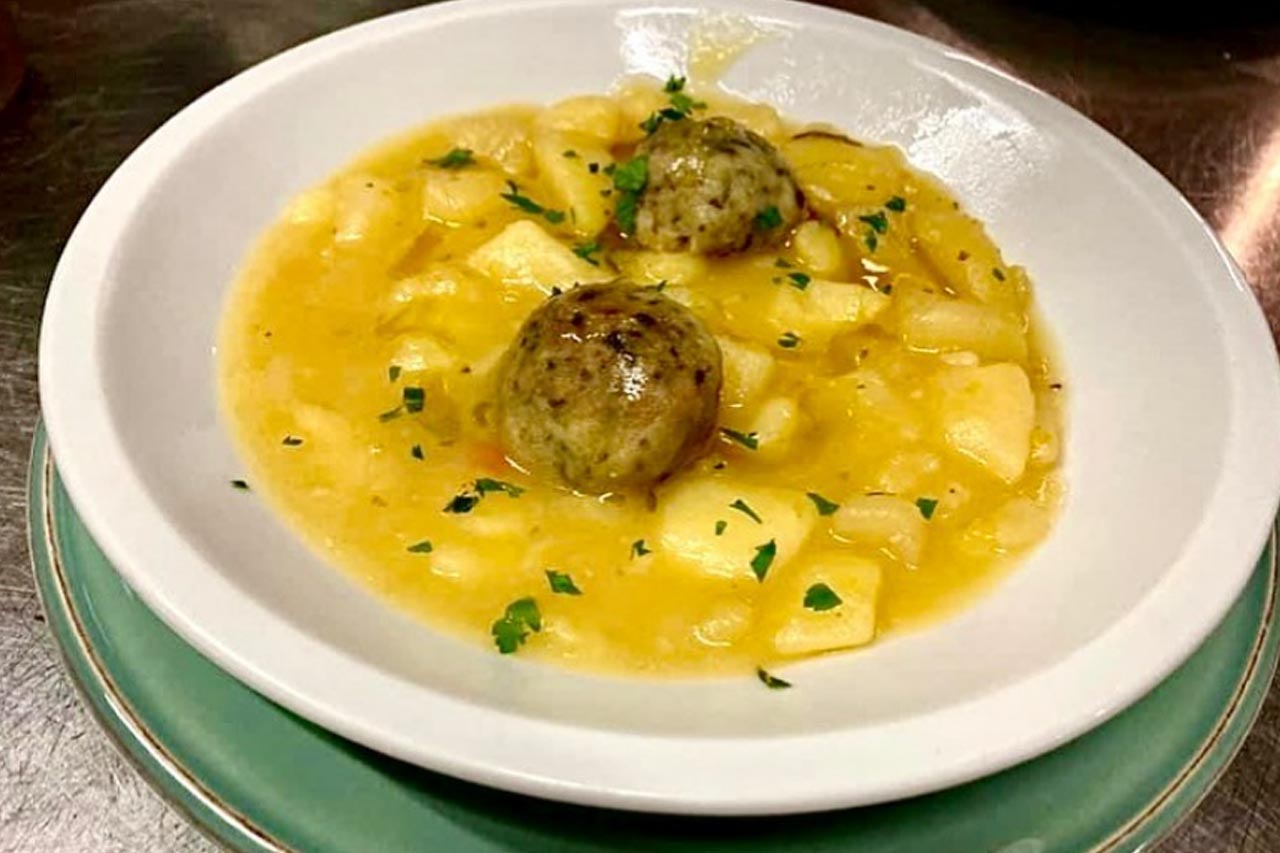
This homey restaurant in Orbetello serves traditional comforting dishes that are sure to feed both your soul and your stomach. Here, you’ll find warm soups, stews, and pasta.
La Terra di Nello
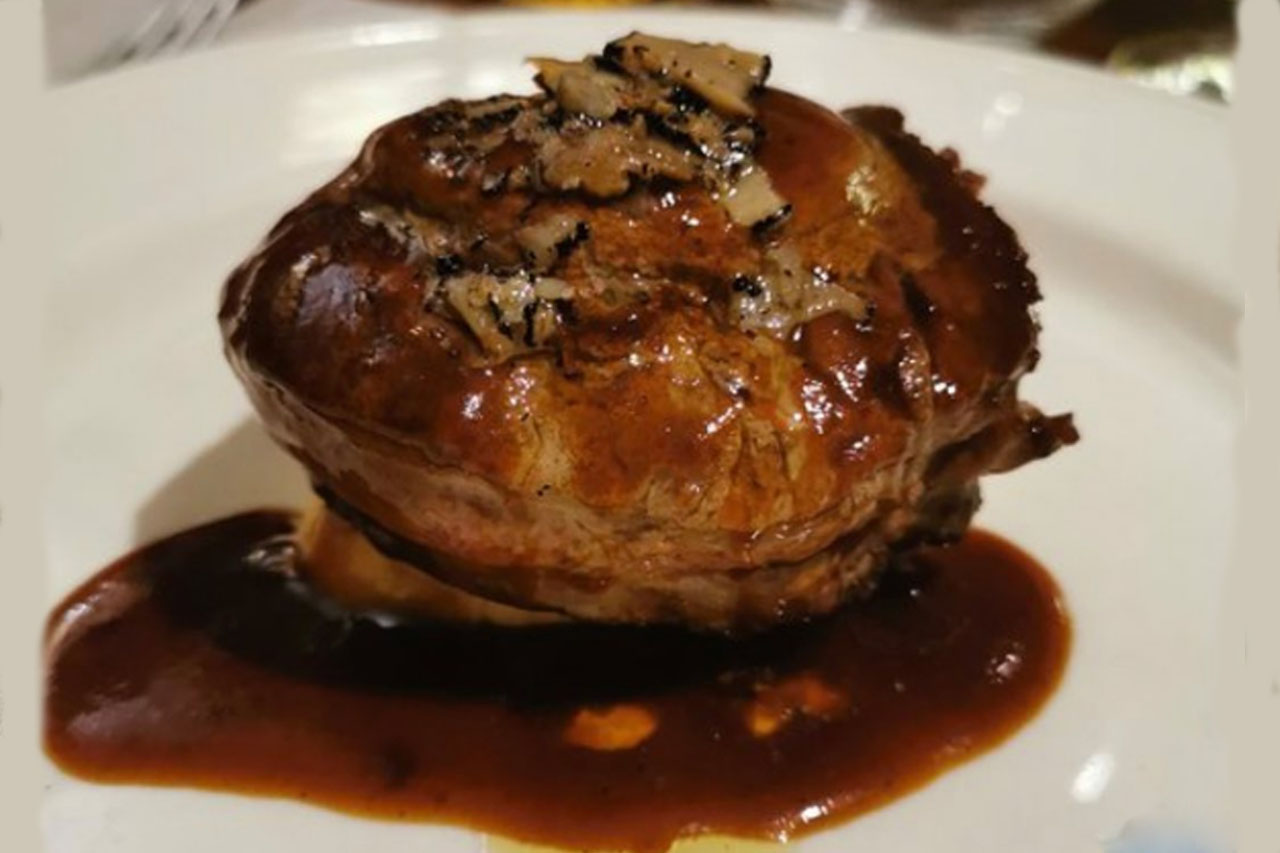
Located in Castiglione della Pescaia, this Michelin restaurant takes modern approaches to regional cuisine. The menu features plenty of options, but the true star of the show here is the steak. La Terra di Nello also has a tasting menu for those who want to try a bit of everything.
Ristorante Le Bocche
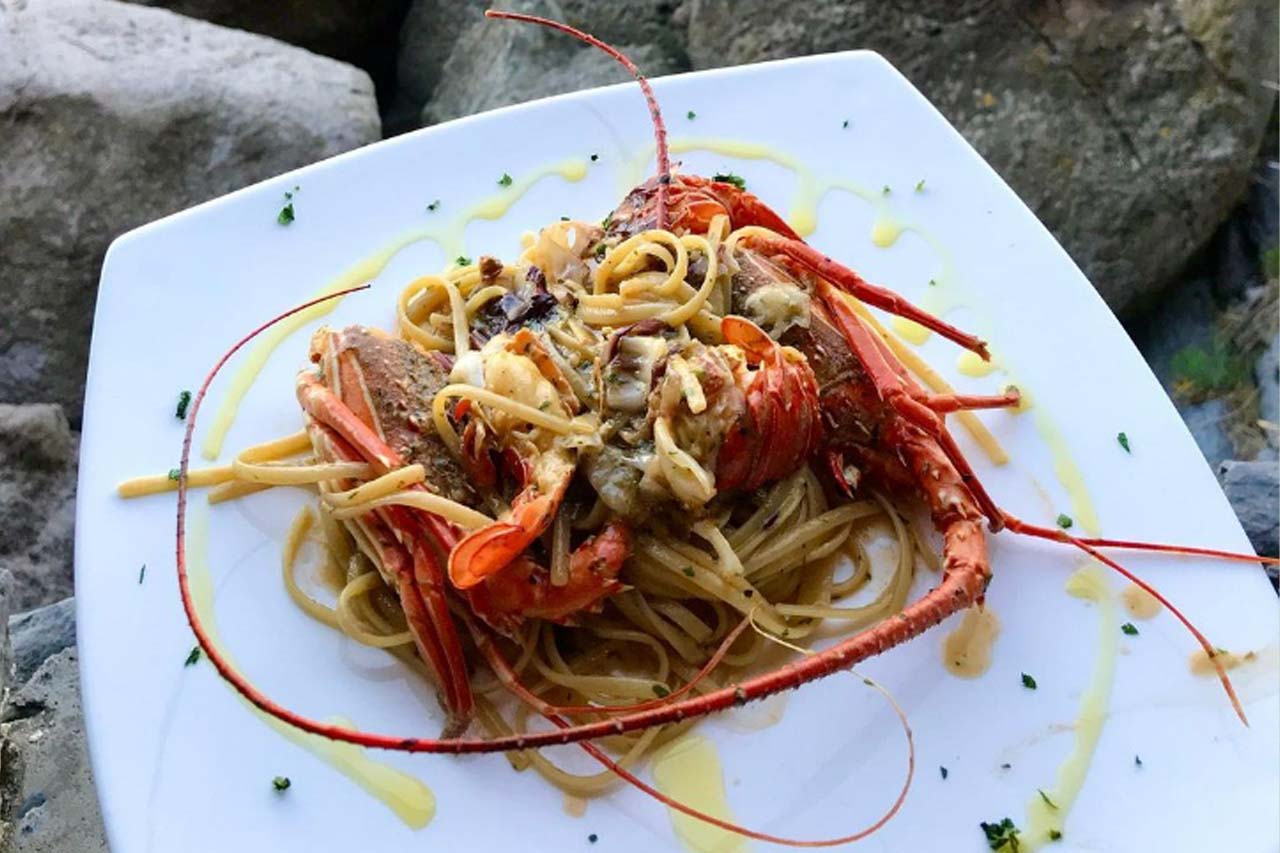
Bagno Stella – This restaurant, which specializes in seafood, sits just near the beach in Marina di Grosseto. Take your pick between seafood with pasta, stews, or simply on its own.
How to Get to the Maremma
Bordering the Tyrrhenian, the Maremma encompasses part of western and southern Tuscany, plus a bit of northern Lazio.
Luckily, there are plenty of ways to get there.
The Rome (FCO) and Florence (FLR) airports are between 100 and 150 km (62 and 93 miles) away from Maremma. Pisa (PSA) is another accessible airport nearby.
From Rome or Florence, you can either take public transportation or drive to Maremma.
From Rome
If you’re heading from Rome, public transportation should take between 2 and 2 and a half hours. You’ll likely need to use a combination of a bus and a train, but the trip should be relatively easy. Driving from Rome will take between 2 hours and 2 hours and 15 minutes, so it might not be any faster than the train and the bus. Depending on the day you’re traveling and your specific plans, it might be more convenient and less expensive to take public transportation.
From Florence
From Florence, driving is significantly faster than public transport to Maremma. By car, it’s just over 2 hours to the area. However, if you take public transportation, it will take approximately 2 hours and a half to 5 hours. This way will probably require a combination of buses and trains, but it will depend on the day and time you’re traveling.
Read more: Airports in Tuscany – An Exhaustive Guide for a Smart Travel


